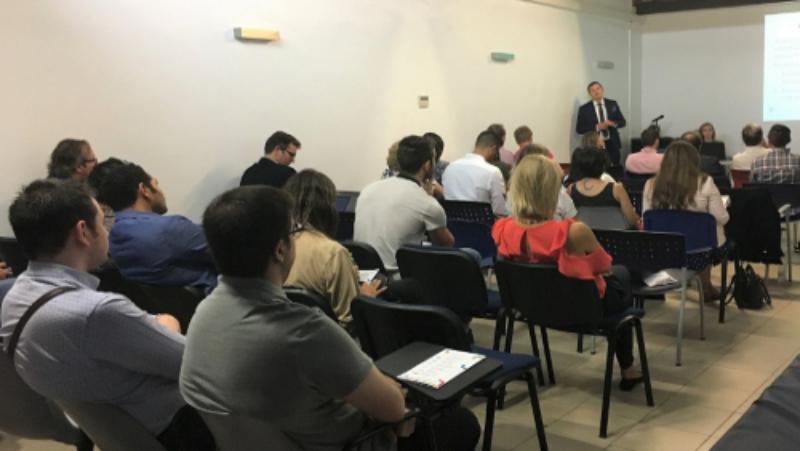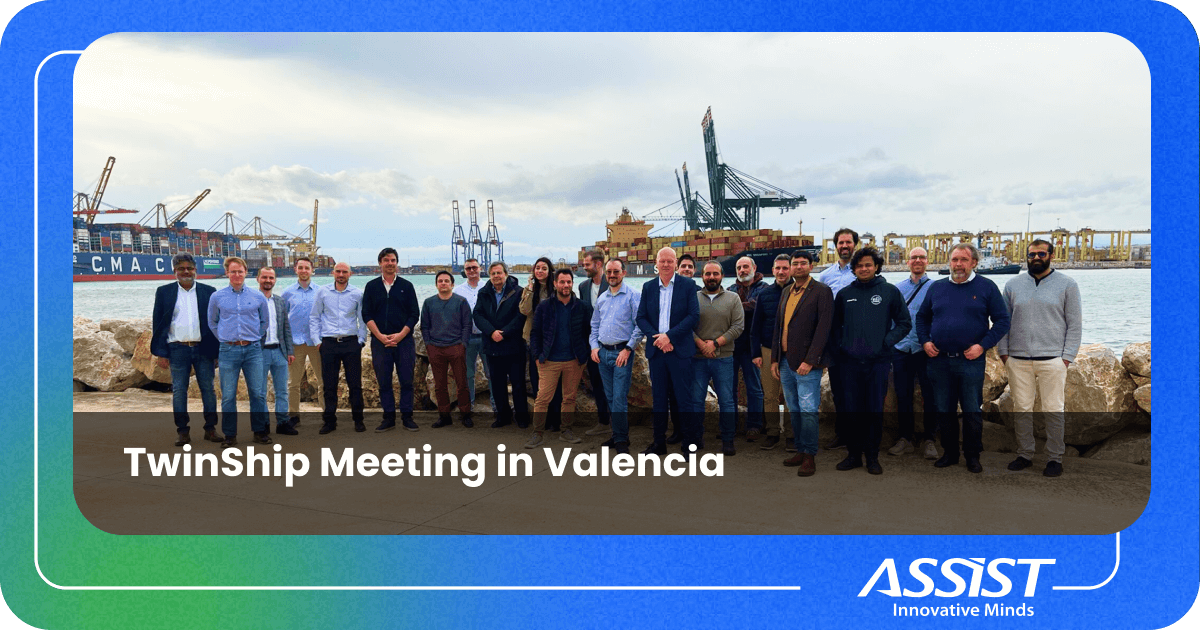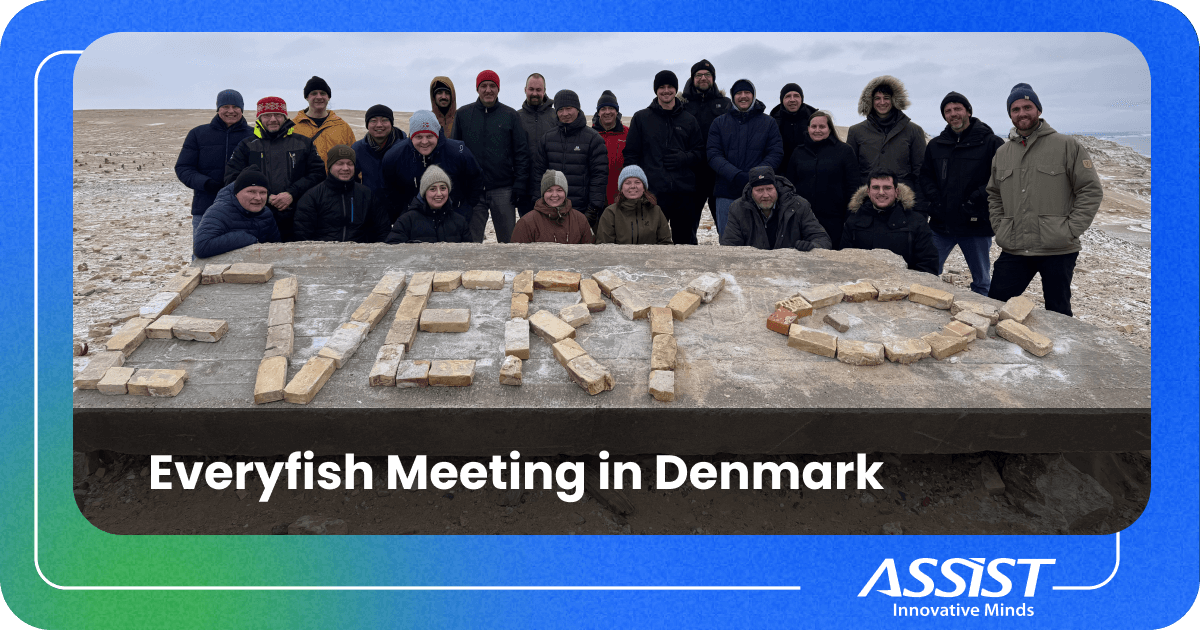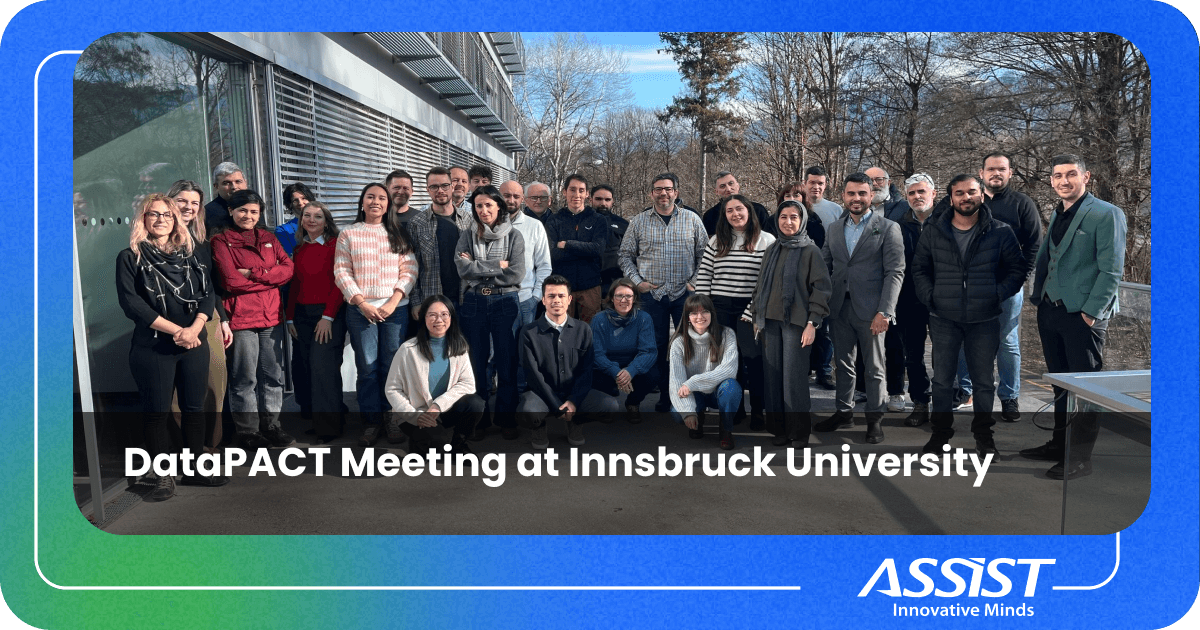BGame Erasmus+ Project Final Transnational Meeting in Spain

Between the 21st and the 22nd September took place the last transnational meeting of the BGame Erasmus+ project which was hosted by FyG Consultores in Valencia, Spain. During this meeting, we approached activities regarding the project finalization and dissemination.
On the first day, we evaluated the platform to ensure its quality and the feedback received from users. Also, we prepared for the final conference that was held the same day in the afternoon at wayCO - Valencia.
The conference started with a round table on "Gamification in Entrepreneurial and Business Education" with some special invitees:
- Aristóteles Cañero – Director of PEAKS Business School.
- Isidre March – Director of the Master in Creation and Management of Innovative Companies and Creator of the online platform Innova Avant.
- José Vicente Villaverde. President of the Association of Young Entrepreneurs of Valencia.
- Tomás González Cruz. Professor of Strategic Direction and expert in Gamificación applied to the company
The conference continued with the presentation of the BGame project, dedicated to the creation of a Strategic Game of Business Simulation.
During the second day, we discussed the final activities duet o end of the project, about dissemination and communication of the project.
The BGame Project is co-funded by the ERASMUS+ program of the European Union and submitted under key action: cooperation for innovation and the exchange of good practices, action type: strategic partnerships for vocational education and training, with the project number: 2015-1-PT01-KA202-012963.
The BGame project is formed of 7 partners from 5 countries: Portugal represented by Plataforma para a Educação do Empreendedorismo em Portugal and Inova+, Spain represented by FyG Consultores and Fundacion Equipo Humano, Romania represented by our company - ASSIST Software, Austria represented by Die Berater, and Poland represented by Uniwersytet Ekonomiczny W Poznaniu.



